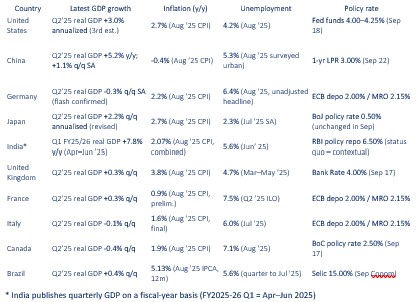Long term consequences of crew rotation crisis?
- Mark Williams

- Jun 23, 2020
- 3 min read
The seafarer crisis continues to develop. Hugo de Stoop, CEO of Euronav, has described stranded seafarers as “hostages of the situation.” There is common purpose among the ship owners, managers, crewing agents, the IMO and governments – but with a few important exceptions, most countries will apparently not yet allow crews to disembark to transfer home via air services.
The ITF, the International Chamber of Shipping and the Joint Negotiating Group representing ship owners have issued a statement toning down the ITF’s 18th June “Enough is Enough” cri de coeur. But a seafarer’s right not to extend their contract while aboard but safely in harbour was repeated: “when seafarers have finished their extended contracts, they are fatigued physically and/or mentally and feel that they are not fit to continue to safely perform their duties at the level required of a professional. The responsible action at this point is not to extend their contract and request repatriation….This is not an incitement to go on strike! Their contract has finished and, once a ship is safely in harbor, they have the right not to extend.”
If that happens, ships like their crews will start to be stranded. There will be four main consequences.
Firstly, there will be a humanitarian consequence deepening the physical and mental fatigue that crews are feeling. How long will owners be willing or able to pay wages or to deliver food and essentials to ships? We all know of stories of crews who have been stranded for months or years due to bankruptcy or dispute. Crews already at their wits’ end may find that their employers are stuck in the same bind – the manager would like very much to rotate crew but is prevented from doing so by the variable quarantine and lockdown regimes in place around the world.
Secondly, there will be freight market consequences. Demurrage and delay will surely increase. The number of available ships to make laycans will fall. Freight rates will rise for those ship owners and operators who can stay in the game. Freight income will fall to zero for those who cannot. The ITF and JNG had already issued a statement in May warning that “the consequence of stress related sickness affecting seafarers and their inability to consistently access medical support ashore may negatively impact on the commercial viability of the ship operations.”
Thirdly there will be economic consequences. In the UK, the foreign secretary made public in 2018 that he did not know how much the UK imported via the Dover-Calais crossing. We in shipping bang on about 90% goes by sea all the time but we remain invisible to most politicians and the wider public. Perhaps when food, spare parts and consumer goods go missing from the shelves of re-opened stores, consumers (spending heaven knows what money) may begin to question why.
Fourthly there will be political consequences. When this global cock-up becomes common knowledge then perhaps popular pressure will alter political will to ease crew rotations. Some governments have moved quicker than others during the pandemic. Will they all be able to combine in time? Or will the widespread re-opening of economies solve the practical problem before politicians apply themselves to the principle?
Finally, I wonder about the long-term effects on independent shipping as an industry. Countries with a large merchant navy staffed by nationals may find themselves at an advantage. A Chinese vessel departing China to load oil in the Middle East and return to China will have fewer crew rotation problems than one sailing under the flag of an international registry with several nationalities aboard.
If no vaccine is found for Coronavirus, or is not found for many years, then the virus will become endemic and we will witness regular outbreaks. Talk of second and third waves will be replaced by increased surveillance and quarantine measures. In this scenario, national governments may review the resilience and security of their seaborne supply chains. Some may decide to boost their domestic flag fleets. One symptom of deglobalisation has already been a rise in state support for strategic industries. Coronavirus has accelerated that trend. Might it yet reverse the independence of shipping and the fashion for international registries?
-



Comments